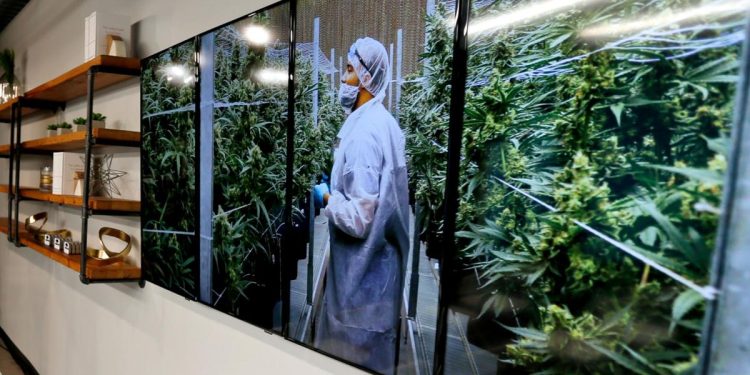By Anthony Hennen | The Center Square
(The Center Square) – Two bills in Pennsylvania’s lawmaking chambers could help the fledgling cannabis industry.
House Bill 2558 and Senate Bill 1167 would grant safe harbor for financial and insurance businesses from regulatory or legal action if they work with cannabis businesses. For patients, businesses, and the neighborhoods in which they operate, the differences in state and federal treatment of marijuana has complicated the industry here.
For one, the banking sector isn’t much involved.
“These businesses also, because of limited banking options and absolute restrictions on the national and international level to use payment processors like Visa or Mastercard – they’re going to be heavily cash-dependent,” said Scott Solomon, the CEO of Operational Security Solutions.
OSS provides security services for the cannabis industry around Philadelphia as well as in California.
Federal law still treats marijuana as a schedule I substance, meaning that it has no approved medical use. Different states allow it medically, recreationally or both, but the lack of federal approval keeps cannabis businesses out of the banking sector. The legal risks to financial institutions are too high.
The companion bills could expand banking access.
The lack of financial services “is a public safety risk as dispensaries are targets for robberies that put patients, employees, and communities at risk,” Rep. Christopher Rabb, D-Philadelphia, wrote in a legislative memo. The legal risk also touches on banks, real estate firms, security services, and others. “As the state legal cannabis industry grows, ancillary businesses will be critical to this emerging economy,” Rabb said.
Such legal protections and banking access on the state level could benefit cannabis businesses as well as their neighbors. An unintended consequence of current law makes cannabis businesses a target for criminals.
“If you’re a nefarious individual and you’re scanning a city block, a cannabis business would arguably be the most opportune for theft,” Solomon said. “You can get product that you can easily convert, it’s essentially anonymous, it’s very hard to tie it back to an individual – and cash of course.”
Fixing what doesn’t work falls on financial institutions and individual businesses alike, Solomon said. Financial institutions working with cannabis “need to establish a very strong compliance program” and will require more staff and supervisory oversight to align with state and federal law. Businesses need to be transparent with their banks, insurers, and others to avoid violations and stay within compliance.
States like California and Colorado have served as models for medical and recreational cannabis programs in other states. As Pennsylvania debates legalizing recreational use, as The Center Square previously reported, the same legal and economic issues that affect the medical program will pop up in any recreational program.




